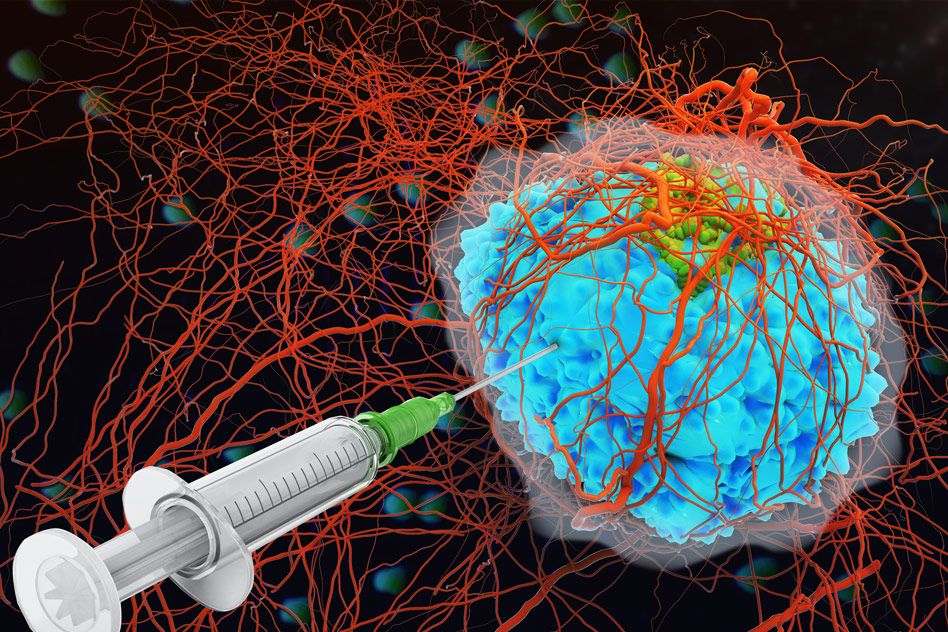Goethe University Frankfurt researchers have recently discovered that thalidomide derivatives could be effective in treating cancer. Thalidomide, once marketed as a sedative in the 1950s, gained infamy for causing severe birth defects. However, its potential in medicine has been revisited due to its ability to inhibit the growth of blood vessels and its effectiveness in treating multiple myeloma.
Thalidomide functions as a ‘molecular glue,’ allowing it to bind two proteins together. One of these proteins acts as a labeling machine, marking the other protein for degradation. The cell’s Waste Disposal system recognizes this label and eliminates the marked protein. This mechanism is responsible for the contrasting effects of thalidomide: malformations during embryonic development or the death of malignant cells.
Dr. Xinlai Cheng from the Institute of Pharmaceutical Chemistry at Goethe University Frankfurt explains, “Thalidomide’s unique ability to act as a molecular glue makes it an intriguing compound.” The researchers produced thalidomide derivatives and found that they influenced the degradation of proteins essential for cancer cell survival.
The study, published in the journal Cell Reports Physical Science, provides new insights into the potential of thalidomide derivatives in cancer treatment. The researchers believe that targeting specific proteins in cancer cells could lead to their destruction, potentially offering a new approach to cancer therapy.
Despite the promising findings, the challenge lies in the idiosyncratic nature of molecular glues. Targeting the correct proteins in cancer cells while avoiding healthy cells remains a significant hurdle. Nonetheless, the study opens up exciting possibilities for the development of new cancer treatments.
*Note:
1. Source: Coherent Market Insights, Public sources, Desk research
2. We have leveraged AI tools to mine information and compile it

